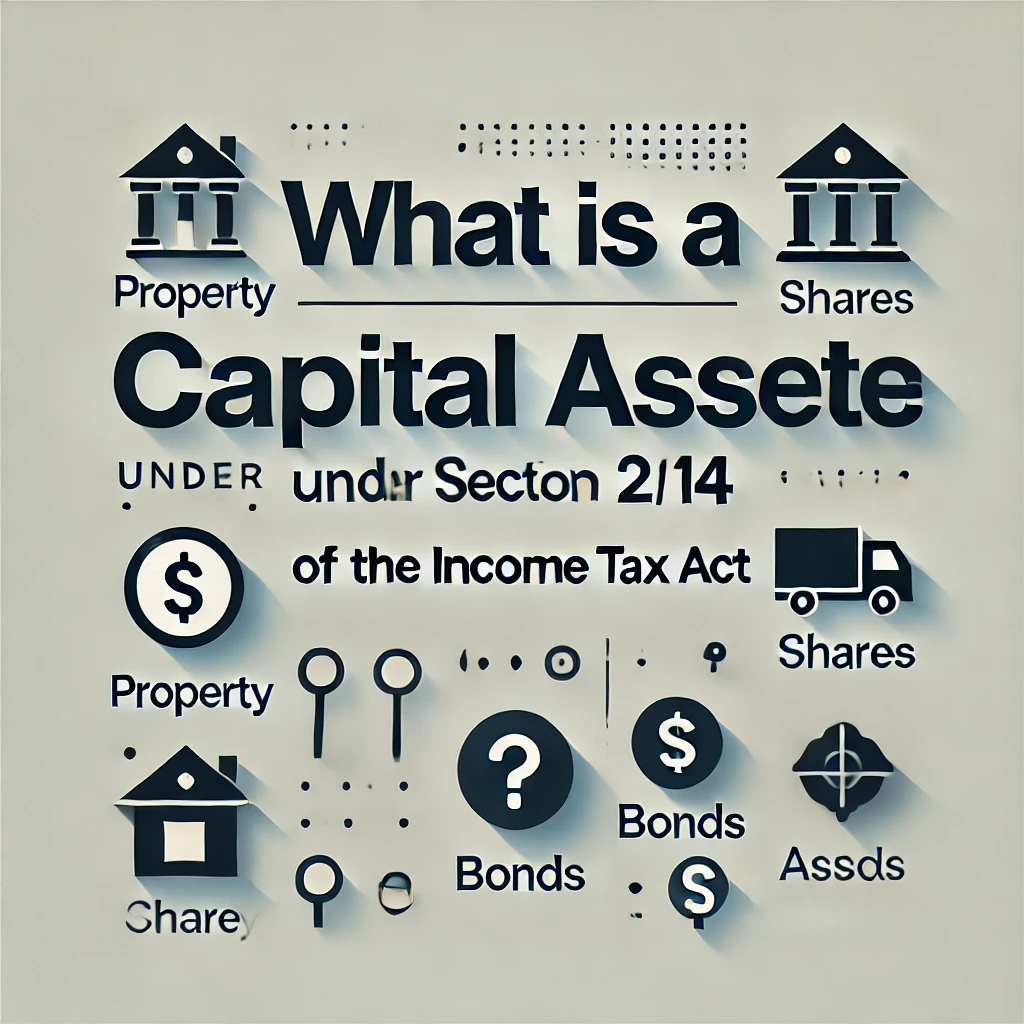- CA HARSH GARG
- Leave a Comment on Capital Gains in Firm Reconstitution: The Role of Deemed Transfer Under Section 45(4)” A Complete Guide
Capital Gains in Firm Reconstitution: The Role of Deemed Transfer Under Section 45(4)” A Complete Guide
When a business entity such as a firm or an Association of Persons (AOP) undergoes dissolution or reconstitution, the treatment of its capital assets becomes a critical area of tax concern. Under Section 45(4) of the Income Tax Act,



